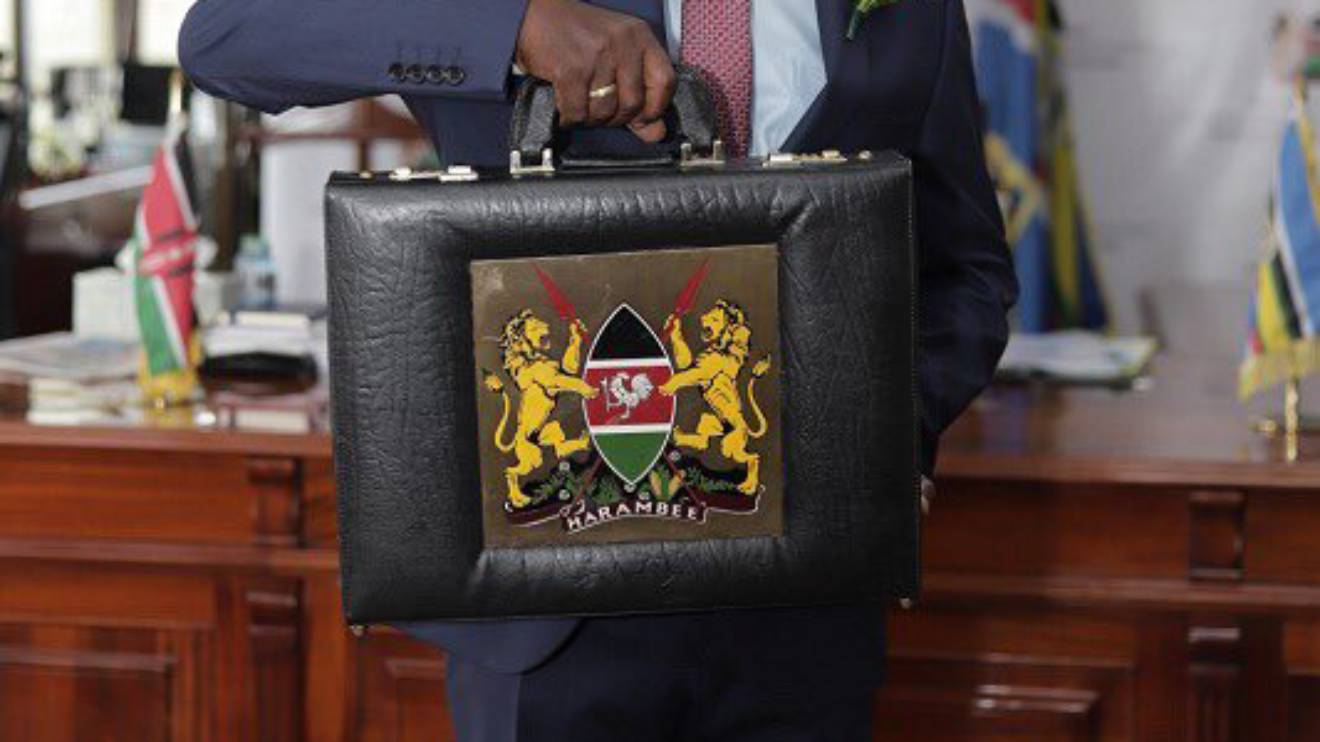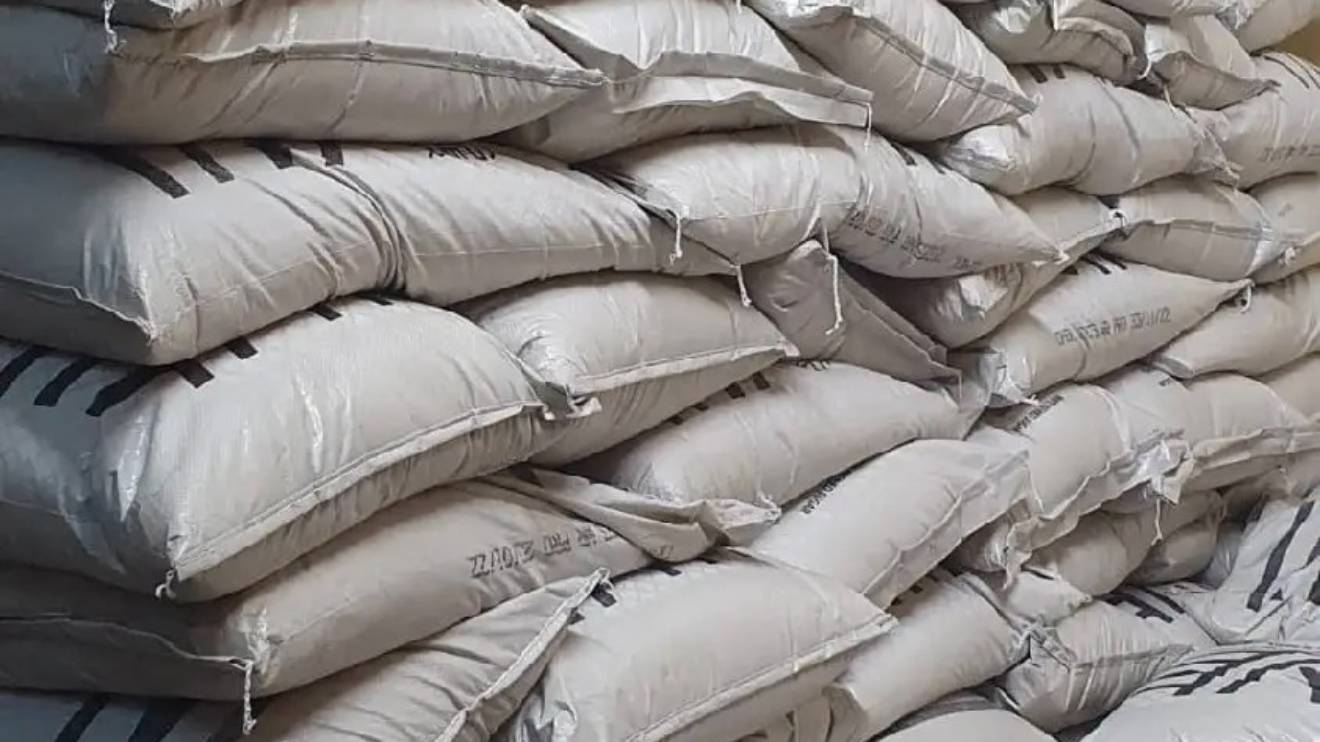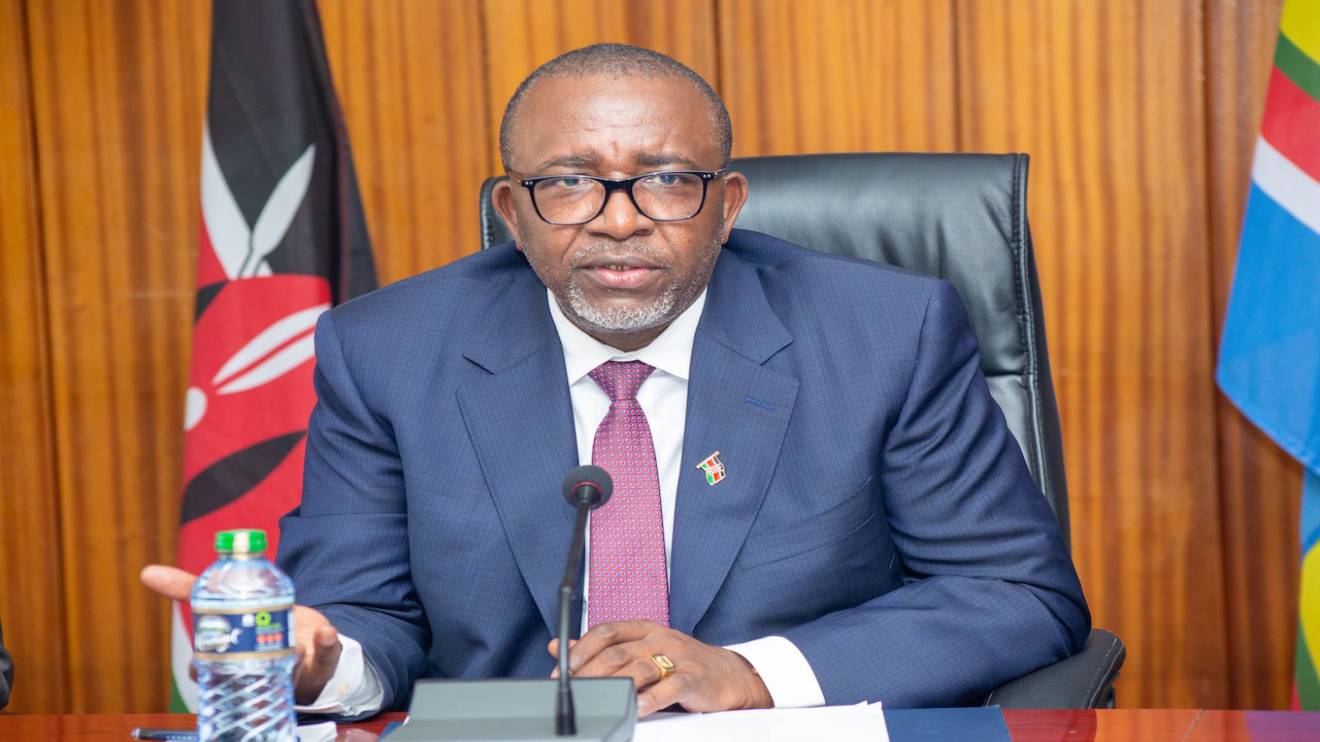The United States Trade Representative's 2024 National Trade Estimate Report paints a concerning picture for American companies seeking to do business in Kenya.
The report identifies a number of hurdles, including alleged corruption within the government procurement system, inefficiencies in customs clearance, and a complex import regime for certain products.
Limited Success in Tenders, Corruption Concerns
A key issue raised by the report is the limited success U.S. companies have had in winning Kenyan government tenders.
Ambassador Katherine Tai, the U.S. Trade Representative, attributed this partly to concerns about corruption.
Read More
"Corruption is widely reported to affect government procurements at the national and county levels," the report states.
U.S. firms reportedly face "direct requests for bribes from all levels of the Kenyan Government."
The report further suggests that foreign firms, particularly those partnering with well-connected Kenyan entities, may have an unfair advantage.
Additionally, challenges with the Integrated Financial Management Information System (IFMIS) used for government procurement were cited by American companies.
Concerns included insufficient connectivity and technical capacity, alongside vulnerabilities to manipulation and hacking.
Customs Clearance Delays and Importer Frustrations
Beyond government tenders, the report highlights issues with Kenya's customs clearance process.
American companies expressed concerns about the time it takes to release shipments, as well as the complexity of the system.
Despite the implementation of a single window system, the report finds the process involves many steps with uncoordinated offices.
Furthermore, U.S. companies reported that the pre-arrival processing of electronic documents is ineffective, and the system doesn't operate as intended.
Inconsistent application of classification and valuation decisions, along with unnecessary transit inspections, were additional concerns raised by American businesses.
Challenges Importing Meat, Dairy, and Poultry Products
The report also criticizes the import requirements for meat, dairy, and poultry products, calling them "complex, non-transparent and costly."
A specific example cited is the "no-objection letter" required from the Directorate of Veterinary Services (DVS).
U.S. companies reported instances where the DVS denied permits for non-sanitary reasons, such as the local availability of similar products, and often failed to provide written justifications for denials.
Judicial System: Delays and Uncertainty
While acknowledging efforts to improve efficiency and public confidence, the report identifies concerns with the Kenyan judiciary.
Delays and uncertainty plague the resolution of disputes over tariffs and taxation, according to the U.S. government.
While an alternative dispute resolution mechanism exists, American companies reported facing delays even through this system.
The report attributes these inefficiencies, along with a case backlog, to continued corruption, which undermines the overall credibility and effectiveness of the judicial system.
"Foreign and local investors risk lengthy and costly legal procedures," the report concludes.
The U.S. report highlights the need for Kenya to address these issues to create a more transparent and business-friendly environment for American companies.
Streamlining the procurement system, ensuring efficient customs clearance, and upholding the integrity of the judicial system are crucial steps towards fostering a level playing field for foreign investors.







-1714403693.jpg)



